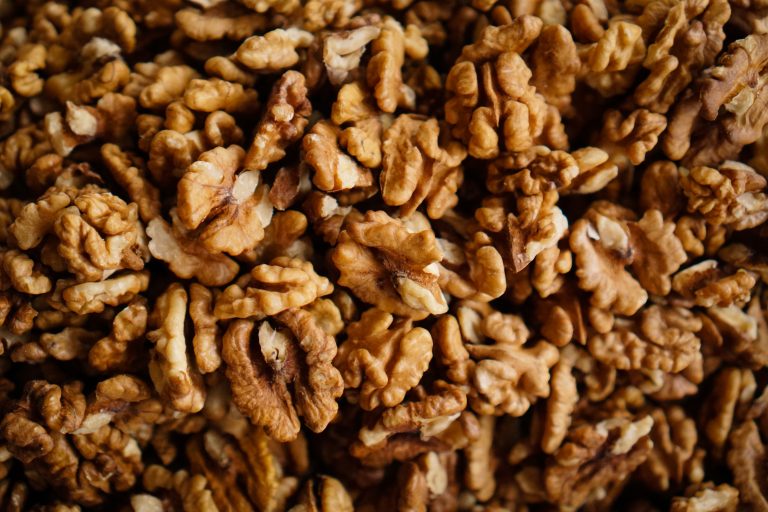Where do fats fit in a healthy diet?
- Written by: CHEERS Team

Dietary fats are important for health.
The media often focuses on the negative impacts of eating fat, but fats benefit health in many ways. They provide energy, transport essential fat-soluble vitamins, maintain cell function, and help to keep us feeling full longer. However, the fat that is in processed foods can damage our health. The key is choosing the right type of fat in the right amount!
How much dietary fat should children get?
In an effort to protect children from unhealthy fats, caregivers may limit fat in a young child’s diet. What is important to know is that the National Academy of Sciences recommends children four years and older consume approximately one quarter to a third of their calories from healthy fat sources, and even higher for children 1-3 years (about 30-40 percent of calories). The focus should be on monounsaturated and polyunsaturated fats, which help with brain growth and development.
What kind of fats are in food?
There are four types of fat in the food we eat.
FATS TO INCLUDE
- Monounsaturated fat—naturally found in olive and canola oil, avocados, and nuts.
- Polyunsaturated fat—include both omega-3 and omega-6 fats.
- Omega 3 fats: ALA, EPA, and DHA. ALA is usually plant-based foods such as ground flax seeds, walnuts, soy products, flaxseed oil, and canola oil. EPA and DHA are usually found in fatty fish like salmon, mackerel, and Arctic Char for example, or in plant-based supplements made from microalgae.
- Omega-6 fats: naturally found in plant-based foods such as sunflower seeds; most nuts; corn, safflower, sunflower, soybean, and sesame oils.
FATS TO MINIMIZE
- Saturated fat—naturally occurring in animal-based foods including meat with obvious fat; poultry (from skin); whole-milk dairy products; butter; lard; palm and coconut oils.
- Trans-saturated fat—artificial trans fats are man-made fats from plant oils processed to make solid fat. You can find them in baked goods, crackers, chips, and other shelf-stable pre-packaged items; some kinds of margarine; shortening; fried and fast foods cooked in solid fats. They increase the risk for heart disease.
Note: In 2018, Health Canada implemented a ban on artificial trans fats as part of Canada’s Healthy Eating Strategy. This may take several years to complete, reading the food label for trans fats is still recommended.
TAKEAWAYS
- Choose plant-based fats for children (and yourself!) most of the time. See Health Canada’s Food Guide for Choosing Foods with Healthy Fats for more information.
- Limit animal-based fats
- Limit processed foods

Photo by Tom Hermans
For more information about health benefits, functions, and recipes for omega-3 fats go to UnlockFood.ca – Heart Health.